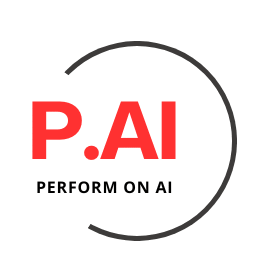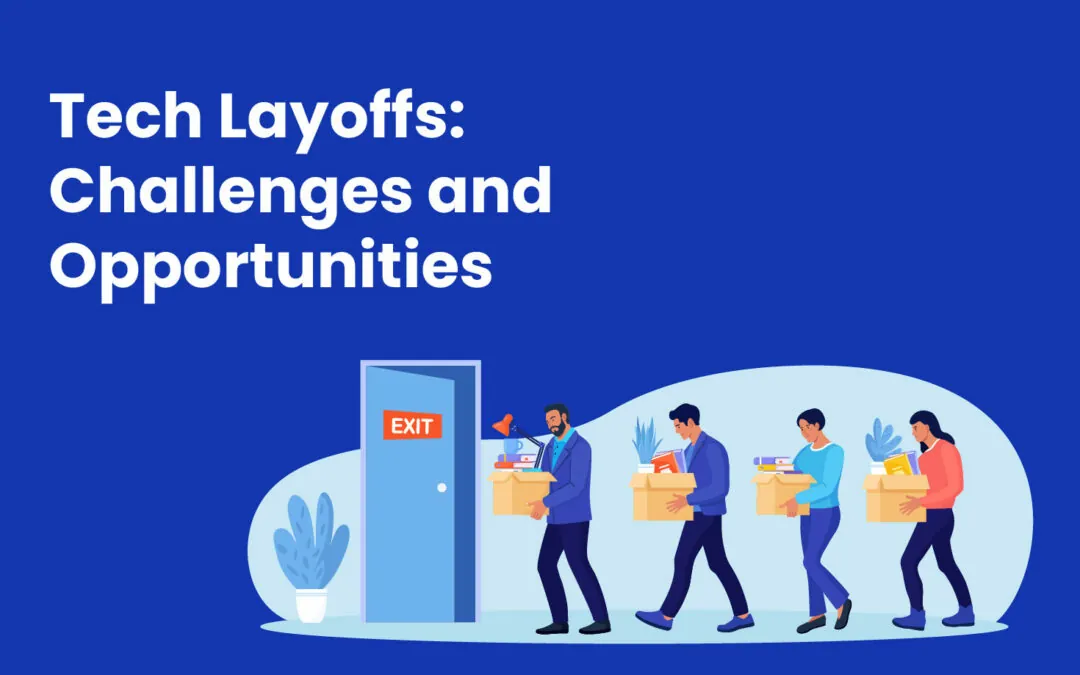In the world of AI and machine learning, data is king. But acquiring large, diverse, and high-quality real-world datasets is often expensive, time-consuming, or simply not feasible. That’s where synthetic data comes in.
✅ What is Synthetic Data?
Synthetic data is artificially generated information that mimics real-world data. It is created using algorithms and simulations, and it’s increasingly used to train, validate, and test AI models.
🚀 Why Synthetic Data is Gaining Traction
Here’s why synthetic data is one of the hottest AI trends in 2025:
- Privacy-Safe: No real user data involved, ensuring compliance with GDPR and other privacy laws.
- Cost-Effective: Reduces the need for large-scale data collection and labeling.
- Scalable: Easily generate data at scale for rare or edge-case scenarios.
- Bias Control: Helps in balancing datasets to avoid model bias.
- Customizable: Tailored exactly to the model’s needs and complexity.
🧪 Applications Across Industries
Synthetic data is revolutionizing:
- Healthcare: For simulating patient data without risking privacy.
- Autonomous Vehicles: Creating varied driving scenarios for training.
- Finance: Generating transaction data to test fraud detection algorithms.
- Retail & eCommerce: Modeling customer behaviors and preferences.
- Cybersecurity: Simulating threat data to train detection systems.
🛠️ Tools and Technologies
Popular tools and frameworks include:
- Unity & Unreal Engine: For generating synthetic environments.
- Synthesis AI and Datagen: Specializing in human-focused datasets.
- GANs (Generative Adversarial Networks): Core tech for generating realistic synthetic data.
🔮 The Future of AI Training
With increasing demand for responsible AI, synthetic data is emerging as a sustainable and ethical solution. As generative technologies become more advanced, we’ll see synthetic datasets rivaling — and sometimes outperforming — real-world data in training quality.
📣 Final Thoughts
Synthetic data is not a replacement, but a powerful complement to real-world datasets. In 2025 and beyond, companies leveraging this approach will enjoy faster development cycles, better-performing models, and safer, bias-free AI.
Want to explore more AI innovations? Visit performonai.com for insights, trends, and the latest in generative AI.



